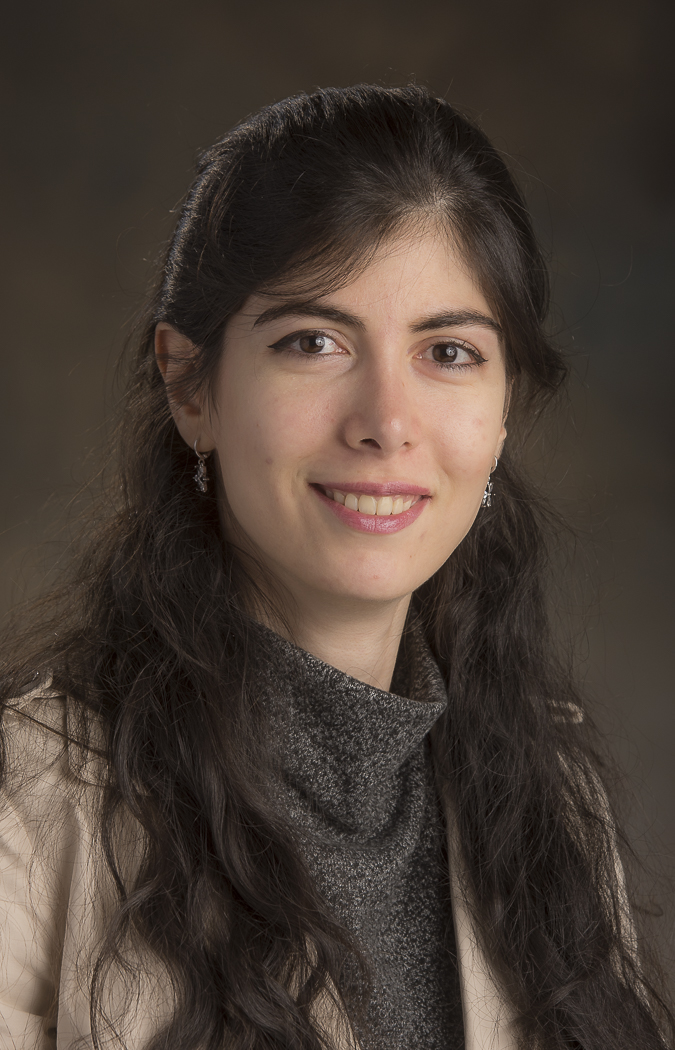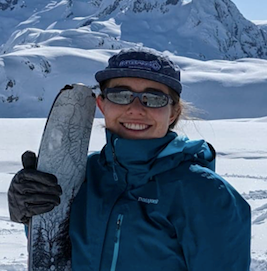 “You can’t learn everything from a textbook. You need to be able to apply the knowledge - research gives you this opportunity.”
“You can’t learn everything from a textbook. You need to be able to apply the knowledge - research gives you this opportunity.”
Elahe Tajbakhsh came to UFV as an international student from Iran to pursue a Bachelor of Science (BSc) degree. It wasn’t until her second year, when Elahe took a class with Dr. Linus Chiang, that she developed an interest in inorganic chemistry.
“When I joined Prof. Chiang’s research group, I found that I was really interested in what he was doing with inorganic and sustainable energy research and synthesising catalysts for renewable energy applications,” Elahe recalls. “We were trying to make catalysts from metal complexes and use them for producing sustainable fuels.”
Prof. Chiang adds, “Elahe’s project focused on the synthesis and characterization of novel cobalt catalysts for a variety of small molecule activation. Cobalt is an earth abundant metal, which is envisaged to decrease the cost of catalyst production in comparison to what is currently used in industry.”
Crediting her mentor, Elahe says “Prof. Chiang is very supportive of his students and passionate about his research. In his research group, you learn skills that you cannot learn in the classroom. In undergraduate classrooms, we don’t learn a lot of electrochemistry, so I wouldn’t have advanced my knowledge if I wasn’t a research assistant.”
“Being a research assistant has its own challenges – you can’t gain skills without enduring some hardship,” Elahe notes. “In the project you take over, not everything is clear, so your research doesn’t always go as planned but it forces you to learn to adapt to changing directions.”
Now, fast-forward four years, having enjoyed the research area so much, Elahe decided to focus her Master’s degree at Simon Fraser University on furthering the knowledge of how academia and industry understands the sustainable energy aspects of inorganic chemistry and sustainable energy concepts.
She recognizes that her chosen career path is a direct result of the opportunity to work with Prof. Chiang. While the experience helped provide clarity on her future, it also shaped who she is today. “I had a chance to develop leadership skills, problem solve, and become an independent thinker. The skills I learned helped my transition to my Master’s program more smoothly.”
“Elahe was a pleasure to work with, as she shared the enthusiasm in research that I have. I am glad to have been part of her scientific educational journey,” Prof. Chiang says.
Elahe emphasizes, “being a research assistant helps to develop knowledge about specific areas. It allows a student to better decide what direction they want to pursue in their future. For undergraduate students, I would strongly recommend them to have the RA experience to gain perspective on the how the industry would work or what academic research looks like. Students who participate in research gain skills they need for career success.”

